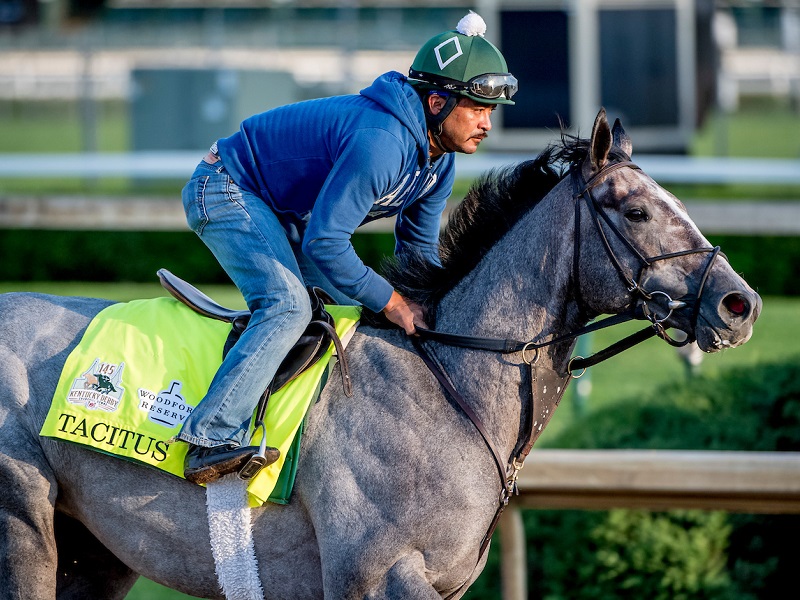by Jeremy Plonk
September 2, 2019

For those of you who follow college football, it has begun. For those focused on the NFL, it will begin in a week’s time. For those who follow horse racing, it happens 8 or 10 times each race.
Overreaction to a single performance can be dangerous no matter what Sport of Kings or Cleats you follow. While team sports overreaction can be corrected as a season progresses, for those of us analyzing a horse’s past performances, we have to do so much more frequently and judiciously.
So what elements of a single performance are prone to overreaction among handicappers? Here are three of the most common:
Margins
The distance a horse wins, or loses, by easily can be misinterpreted. Sure, 10 lengths is a long way to win or lose, but it’s more often a product of circumstance than talent evaluation. Horses who win by wide margins often are: front-runners who gut an overmatched field of chasers that lacks a closer; horses who relish the slop/mud when others loathe it; and maidens who catch a field with a massive disparity in talent all running for the same class because no one knows where they fit just yet. Horses who lose by wide margins, but aren’t necessarily just slow, most often are: front-runners who were pressured and ran out of gas, where losing by 4 lengths or 14 really makes no difference; closers who were kept too close to a fast pace and did not have their usual sustaining gear; and horses who did not handle a particular surface, either due to track condition, shipping out of town, etc.
Trouble Lines
The universal trouble horse that everyone saw with a rough go last time will almost assuredly be overreacted to in his or her return. High-profile examples aren’t a blanket explanation, but shed some light on the type of runner we’re talking about. Think Tacitus from this year’s 3-year-old crop. Everyone saw him wide in the Belmont and stumble to his face in the Jim Dandy. That set him up for a shorter price in the Travers, where he again failed to deliver the paycheck. But even more so than an obvious, high-profile example, trouble lines in black and white in the past performances from the Equibase chart caller are sure to cause overreaction. The short-form comments number only a few words or abbreviations, fail to tell the story in any context, and too often are accepted as reasons/excuses without further video study. As a former Equibase chart caller myself, I’m keen to what’s published and try to confirm or deny any such red flags printed. I’ve also observed that horses who were well-bet get a more discerning set of excuses and comments in the past performances than those who were not well-backed. A 15-1 shot making a move on the turn who was blocked is less likely to draw a trouble comment than an 8-5 favorite. The summation here is that chart callers understand that their comments are widely causes for overreaction; they don’t want a blocked 3/8-pole comment for a 15-1 shot to be interpreted as grounds for why that horse lost. I disagree with that unwritten philosophy, but I’m certain that it happens in my observations. The end result is that the vast majority of trouble comments are saved for well-backed horses, which gives them excuses to be bet back again in a cycle of overreaction.
Returnees from First Starts
The debut effort, nearly always in maiden company, can be misconstrued easily because it lacks context. We don’t have anything to put it up next to. A horse’s form is a study of his or her past performances. A first start doesn’t allow for any comparison of said horse against him or herself. We wind up comparing a race for the #1 horse only against the #4 horse, for instance, and the two aren’t physically connected. Will the horse exiting a debut race move forward or backward? The cliche is that horses improve the most from their first to second start. But the Betmix database tells us that second-time starters win almost 2 full percentage points less in maiden races than first-time starters, and third-time starters win almost a full percentage point higher than those second-timers. Yes, we overreact to debut efforts, and the result is skewed perception of second-time starters.